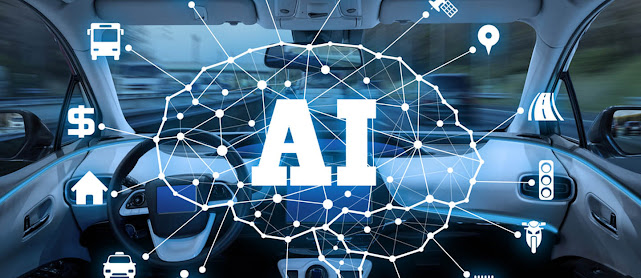Is It Safe to Drive a Car Controlled by AI? Examining the Safety and Security of Self-Driving Cars
Introduction
Self-driving cars are no longer a futuristic dream, but a present reality. However, with the integration of artificial intelligence (AI) into our vehicles, many people have raised concerns about the safety and security of self-driving cars. This article will explore the potential benefits and drawbacks of AI-controlled cars and examine the safety considerations associated with this technology.
The Pros of AI-controlled Cars
One of the main benefits of self-driving cars is their potential to reduce human error, which is responsible for the majority of car accidents. AI-controlled cars are designed to constantly monitor their surroundings and make split-second decisions to avoid collisions. Additionally, self-driving cars can improve road safety by reducing congestion, improving fuel efficiency, and eliminating the need for distracted or impaired drivers.
Moreover, self-driving cars have the potential to enhance accessibility for people with disabilities or those who are unable to drive. By removing the need for a human driver, self-driving cars can provide greater independence and mobility for those who need it most.
The Cons of AI-controlled Cars
Despite the many potential benefits of AI-controlled cars, there are also some drawbacks. For example, self-driving cars are vulnerable to cyber threats and hacking. If an attacker gains access to the vehicle's AI system, they could potentially take control of the car and cause harm.
Moreover, self-driving cars have limited decision-making capabilities, which can be a significant problem in complex or unpredictable situations. Additionally, self-driving cars are expensive to develop and maintain, which could limit their availability and affordability for the average consumer.
Safety Considerations for AI-controlled Cars
To ensure the safety and security of self-driving cars, it's essential to implement robust backup systems and fail-safes. For example, self-driving cars should have a manual override option that allows a human driver to take control of the vehicle if necessary. Regular maintenance and updates are also critical to ensure that the car's systems are functioning correctly and that any security vulnerabilities are identified and addressed.
Moreover, it's essential to provide adequate training and education for drivers to ensure that they understand how to operate self-driving cars safely. Clear regulations and guidelines are also needed to govern the use of self-driving cars and ensure that they comply with safety standards.
Conclusion
AI-controlled cars have the potential to revolutionize transportation and improve road safety. However, it's important to balance innovation with safety and security considerations. By implementing robust backup systems, providing adequate training for drivers, and developing clear regulations, we can ensure that self-driving cars are a safe and reliable mode of transportation.









No comments:
Post a Comment